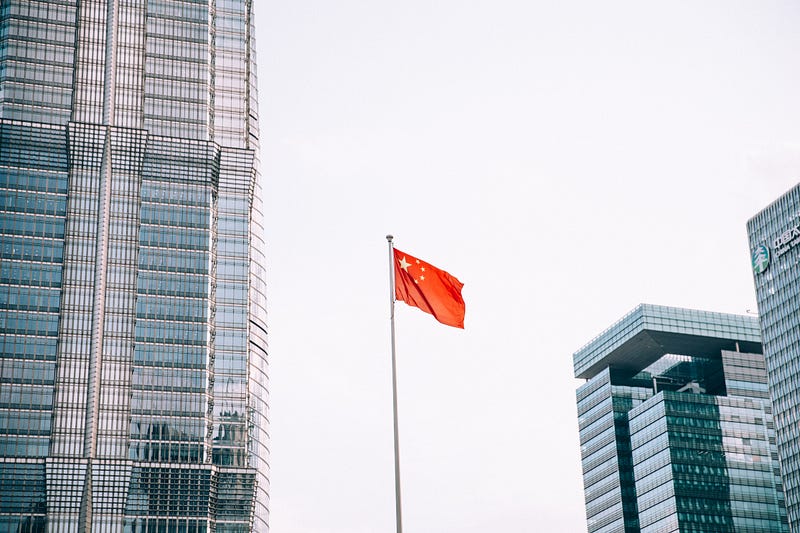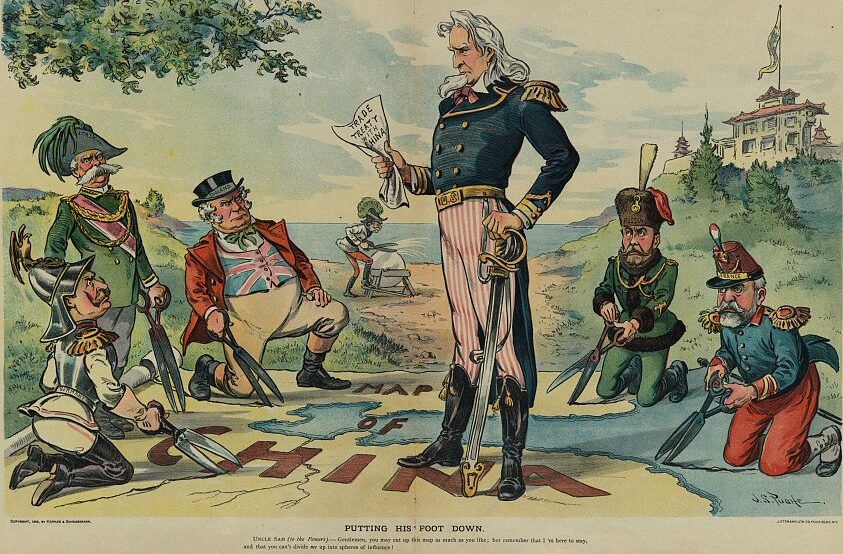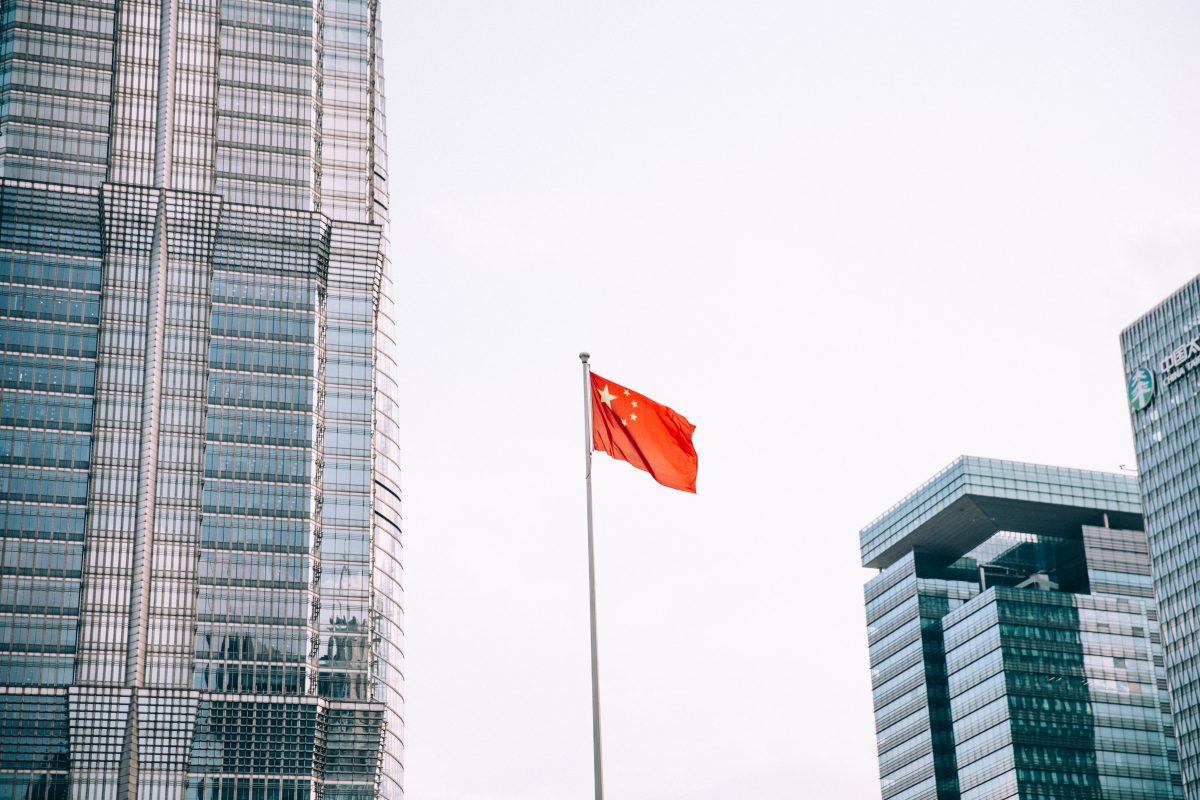This post is part of my 30 blogs in 30 days series. More details here.

China is the world’s largest country by population, 2nd largest economy by GDP and has the second highest expenditure on military in the world. Yet why is the rest of the world so ignorant on Chinese narratives? It would be unwise of me to delve into all of them but some of them should be taught in every school worldwide
The Century of Humiliation

Pre-Industrialization China was the center of Mass Manufacturing and innovation in the world. Gunpowder, Paper, Silk, and ‘China’ Kitchenware, were among the many Chinese goods that were in demand everywhere in the world. Then industrialization happened. China still was the center of luxury goods, namely tea. So much so, that it was causing an inflation in Britain. Which sparked the Opium trade and the Opium wars. The loss in the Opium Wars is what started the Century of Humiliation. China was forced to give up territory, forced to accept lopsided trade deals and faced defeat in all the wars they fought. The Chinese were stereotyped as sickly & weak and called the ‘Sick men of Asia’.
This narrative plays a huge role in how CCP sells its dealings with the rest of the world. It is the narrative that is used to justify their actions in South China Sea, and the recent takeover of Hong Kong. Based on this story, all foreign criticism becomes the jeering of yore, all attempts at reigning them in are seen as yet another attempt to intimidate and humiliate them. The CCP has also colored it with Marxism; it was Mao and his flavor of Socialism that saved China from this humiliation and the forces of Western liberalism want to revert them back to the Republican days, and turn them into sick men.
Swatting Flies
Deng Xiaoping, the architect of modern Chinese ‘Socialist market economy’ is loosely quoted as.
A country is just like a house, it has windows and gates. If you close the window, you get no fresh air, and also no flies. But if you open the window fresh air comes in and also some flies.
This is the narrative the CCP uses to justify strict censorship of the media and the Great Firewall. While the western commentators claimed that this would not last, swatting ‘flies’ has lead to a robust internal media and tech companies. The rest of the world is slowly but surely following China’s model in creating their own balkanized versions of the Internet. Beyond swatting the flies of foreign influence, China has now started to influence foreign social media that aren’t even available inside the country, as it did with the NBA. Maybe the rest of the world should do something about the flies as well.
The Rejection and Re-acceptance of The Cultural Revolution
The Cultural Revolution was Mao Zedong’s way of reestablishing is power. After the utter failure of the Great Leap forward, Mao chose young people as his weapon. He blamed his failure on intellectuals, tradionalists and CCP insiders who were not devoted enough to the Socialist cause. Many were shamed, abused and massacred by his army of young people carrying the Little Red Book and many of his adversaries within the CCP were purged. Deng Xiaoping, his successor, was one such adversary. Under Deng’s rule The Cultural Revolution was halted and declared it “responsible for the most severe setback and the heaviest losses” to China.
This is the Narrative that fueled China’s growth for most of the 80’s, 90’s and 2000s. It came to a halt when Xi Jinping came to power. President Xi in his first address said:
we cannot use the historical period after reform and opening to deny the historical period before reform and opening, nor can we use the historical period before reform and opening to deny the historical period after reform and opening
Xi has not only embraced the Mao and his folly, but also traditional Chinese philosophies like Confucianism and Legalism, to appease the Nationalists as well. While this looked like savvy political maneuvering at the time, this has allowed him to cement power and purge his opponents from the Party. The rise of this ‘Cultural Revolution’-lite has allowed CCP to persecute minorities under the guise of National unity. Xi has rewritten post-Mao history to be more suit his needs. These amalgamation of narratives is what he uses to define his reign and vanity projects like The Belt and Road project.
China is the De Facto second superpower in the world. Yet the world seems to ignore China’s own stories, even when taking them seriously. This is, in a way, their strategic advantage. I do hope the rest of the world wises up.

